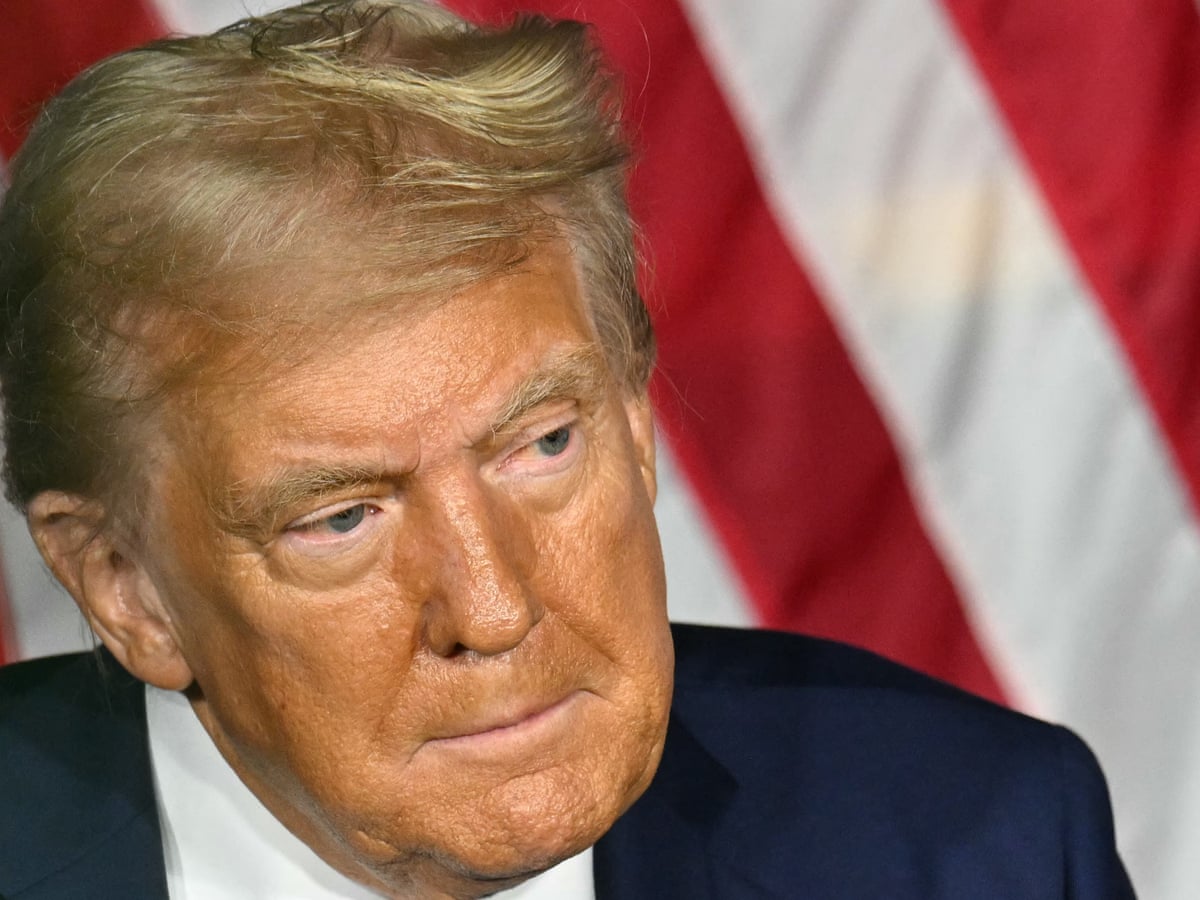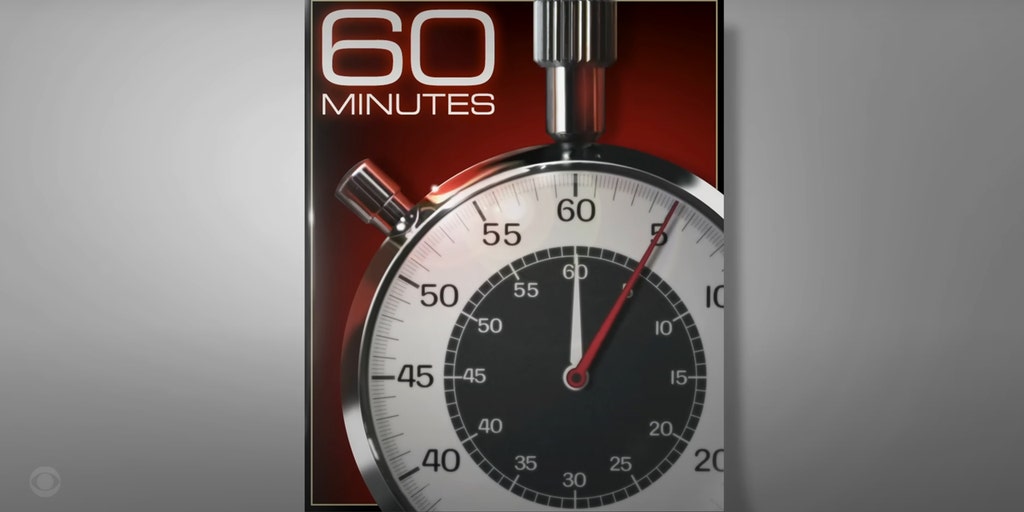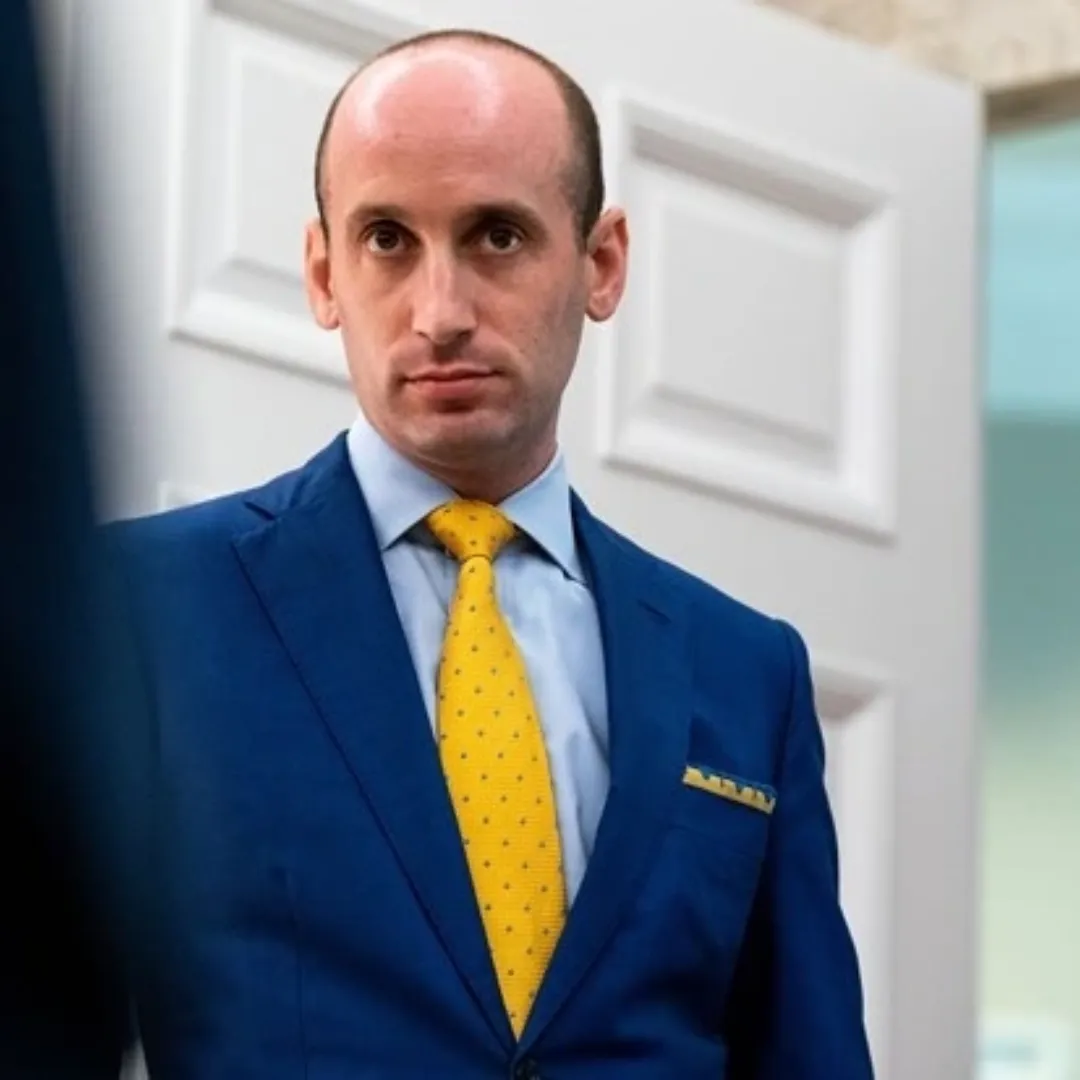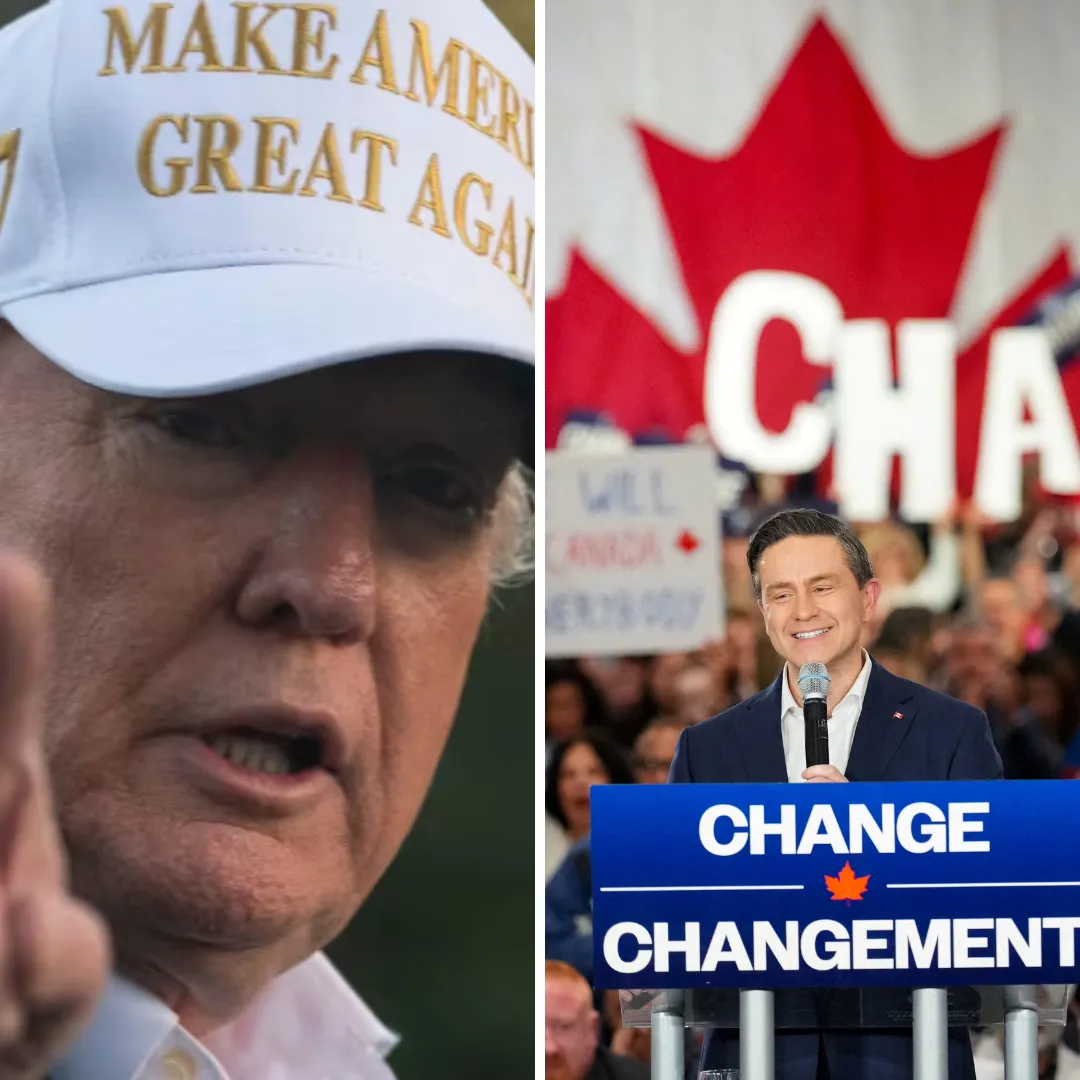
President Donald Trump has once again unleashed a furious tirade against CBS News and its flagship program 60 Minutes, accusing the network of deliberately distorting an interview with former Vice President Kamala Harris during last fall’s election season.
The escalating clash has spilled into the courtroom, as Trump’s legal team engages in ongoing litigation with CBS’s parent company, Paramount Global, over what he calls “manipulated” media designed to mislead the public and damage his presidential campaign.
In a fiery post on Truth Social on Wednesday, Trump did not mince words. Referring to the now-infamous segment, he claimed the Harris interview was “unlawfully fixed, manipulated, and doctored throughout by CBS, in order to try and make Kamala appear at least somewhat coherent.”
Trump went further, labeling the entire interview “nothing but fake, corrupt, anti-Trump propaganda.” This latest round of attacks marks yet another explosive moment in a long-running feud between the former president and mainstream media outlets, with 60 Minutes now in the crosshairs.
The interview in question, which aired just days before the national election, quickly became a lightning rod. In response to public pressure and early pushback from the Trump campaign, CBS released the full transcript shortly after the broadcast.
The network stood by its reporting, asserting in a statement that it is “always guided by the truth and what we believe will be most informative to the viewing public, all while working within the constraints of broadcast television.” But Trump and his allies weren’t buying it then—and they certainly aren’t now.
What makes this round of criticism even more combustible is the timing. Trump’s public assault on CBS comes as the network’s parent company, Paramount Global, navigates delicate settlement talks over the lawsuit Trump filed following the airing of the Harris segment.
At the same time, Paramount is pursuing a high-stakes megamerger with entertainment powerhouse Skydance. That deal, if completed, could fundamentally reshape the media landscape, and Trump’s pressure campaign may complicate negotiations, casting a shadow over Paramount’s future.
Trump is not merely taking aim at CBS; his ire extends to the broader media establishment. “These antics are why the American People have no trust in the Press,” he wrote on Truth Social.
“They demand that the Media, very much including 60 Minutes, CBS, and its owners, be held responsible for their corruption and lies, which is exactly what we are doing in Court!”
For Trump, litigation has become a weapon not just for redress but for messaging, a tool to amplify his populist battle cry against perceived media manipulation.
The roots of Trump’s vendetta against 60 Minutes run deep. The show, one of the most iconic institutions in American journalism, has long been a source of frustration for the former president.
He has repeatedly accused the program of harboring bias, cherry-picking facts, and editing interviews to fit a narrative hostile to conservative politics. Trump’s campaign advisers argue the Harris interview crossed the line from journalism into election interference, alleging that producers knowingly cut awkward or incoherent moments to avoid embarrassing the then-Democratic nominee.
Behind the scenes, tensions have reportedly boiled over. Insiders say Trump's legal team is pursuing damages for defamation and misrepresentation, citing internal CBS memos they claim show a concerted effort to rehabilitate Harris’s image through creative editing.
While CBS has denied any wrongdoing, the existence of such documentation—if validated in court—could have sweeping implications not just for CBS but for how broadcast networks edit and present interviews in politically sensitive moments.
Adding further intrigue to the story is the recent departure of longtime 60 Minutes producer Bill Owens. Though CBS maintains Owens left for personal reasons, Trump and his allies have seized on the timing, suggesting that his exit may have been linked to internal fallout from the Harris controversy.
“People don’t just walk away from a show like that without a reason,” one Trump insider claimed. “This wasn’t a retirement—it was a cleanup job.”
Fueling the fire is a CBS segment that aired over the weekend, which examined Trump’s attacks on major law firms, particularly those he claims have conspired to block his agenda or aid his opponents.
The piece painted Trump as engaged in a broad legal war against the American legal and media establishments. That framing, unsurprisingly, did not sit well with the former president. “They’re desperate to smear me,” Trump posted. “First they rig an interview, now they pretend my legal strategy is just some kind of tantrum.”
It’s no secret that Trump views the media as one of his greatest political adversaries. His relationship with the press has been antagonistic since the earliest days of his 2016 campaign, and in his second term, that hostility has only intensified.
But CBS holds a special place in his pantheon of enemies—not just because of 60 Minutes, but because of its legacy and influence. The network has been behind some of the most high-profile investigative reports in history, and Trump knows that segments aired on its Sunday evening primetime slot carry enormous cultural weight.
By targeting CBS, Trump is taking on a symbol of establishment media—and, more pointedly, using it as a foil in his larger effort to frame himself as an outsider fighting entrenched power.
In this narrative, Trump is not just battling Joe Biden or Kamala Harris—he’s battling a media-industrial complex hell-bent on his political destruction.

The legal dimension of this feud is equally significant. If Trump’s team succeeds in pushing the case forward, it could open up new frontiers in media law, particularly around editing practices and fairness in political coverage.
Already, media watchdogs are closely observing the proceedings, with some warning that a favorable outcome for Trump could chill journalistic freedom. Others, however, argue that greater scrutiny of selective editing is long overdue, especially in an era of misinformation and political polarization.
Paramount Global, for its part, has remained largely silent on the controversy, focused instead on the pending Skydance merger and internal restructuring.
But the company is no doubt aware that Trump’s public crusade—and the legal battle it has triggered—could have serious reputational costs. If the merger succeeds, the new entity will become one of the largest content powerhouses in the world.
But if Trump’s lawsuit gains traction, it could drag the entire conglomerate into months of unwanted scrutiny and distraction.
As the dust continues to swirl, Kamala Harris has remained silent, offering no public response to Trump’s renewed assault on the interview. Her communications team has declined to comment, likely seeking to avoid reigniting a controversy they believe was settled last year.
But with Trump’s legal team now demanding full disclosure of all raw footage, editing logs, and internal CBS communications surrounding the interview, the issue may be far from over.
In the court of public opinion, Trump is already framing himself as the wronged party—a man fighting to expose media corruption on behalf of the American people.

Whether or not a judge agrees remains to be seen. But as with so many of Trump’s battles, the legal fight is just one front. The real war, as always, is over narrative.
“This is not just about Kamala Harris,” Trump wrote in a follow-up post. “This is about truth, fairness, and the right of the American people to know when they’re being lied to. CBS is going to be held accountable.”
As legal teams gear up for discovery and public statements grow more incendiary, one thing is clear: the clash between Trump and 60 Minutes is about more than just one interview. It’s a battle over who controls the story—and who gets to rewrite it.





